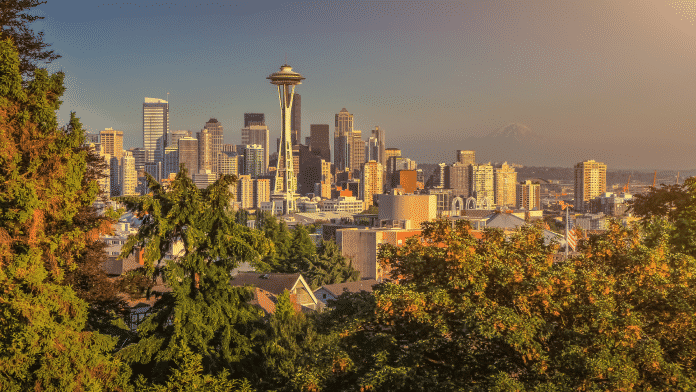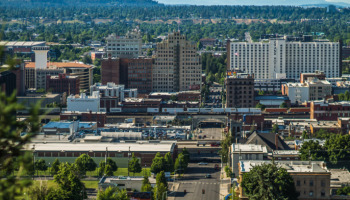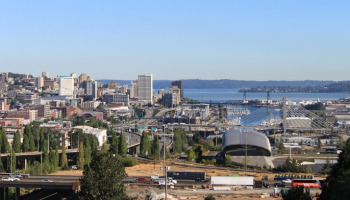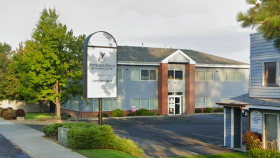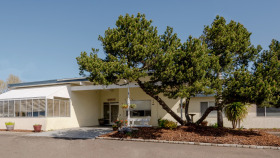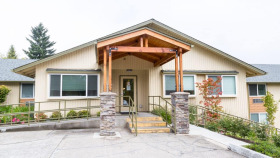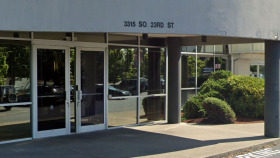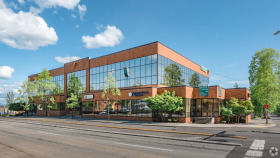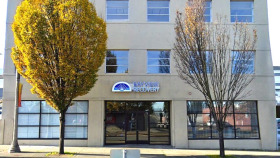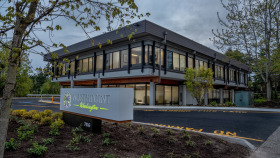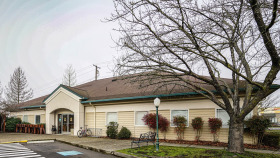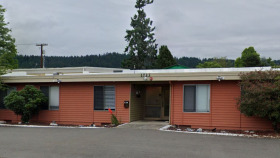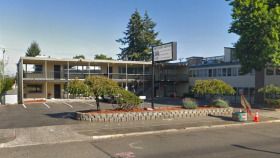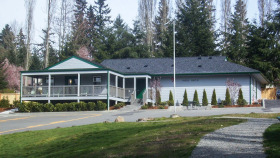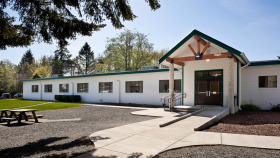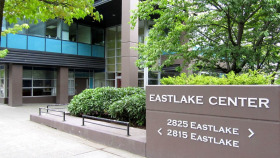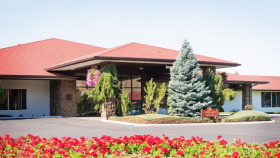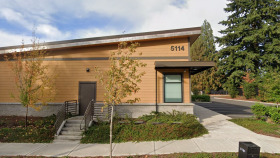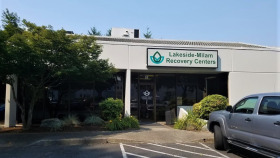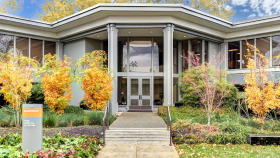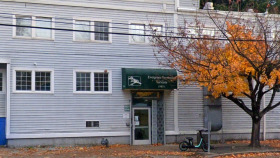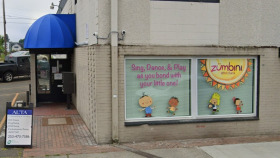Expert Insights
My heart aches when I see how the pandemic has killed so many people, not just through COVID-19 but through the people coping with drugs. Even though the CDC says that overdoses are decreasing, they are still tragically high and, in some states, people are still overdosing at alarming rates. I read in the news recently that Washington state has seen a spike in overdoses and I feel that the government is not doing enough to combat the problem. Having lost friends due to overdoses, I’m inclined to support the move to make Narcan — the opioid overdose reversal drug — available over-the-counter, a decision the FDA is thought to approve by spring 2023.
~ Olivia Pennelle
How Much Does Drug Rehab Cost in Washington?
Washington is ranked 14th nationwide in terms of addiction treatment affordability, with an average cost of drug and alcohol rehab of $56,539 (without insurance).
- Medical detox is the most expensive, with an average cost of $139,389
- Long-term inpatient drug rehab in Washington costs an average of $49,892
- Outpatient addiction treatment in Washington costs an average of $8,290
- Outpatient methadone treatment is the most affordable, with an average cost of $7,366
If you are looking for addiction services in Washington, you may find that the cost can vary widely. Your out-of-pocket expenses will depend on multiple factors, including:
- Type of rehab (inpatient vs. outpatient)
- Location
- Insurance plans accepted
- Amenities and features (luxury vs. standard)
- Length of treatment stay
In a general trend, inpatient or residential rehab costs more. Inpatient treatment includes the price of staying on site, with meals, therapy, and other services provided. Choosing a luxury treatment center or an executive rehab will drive up costs also. Those facilities have enhanced on-site amenities, so prices are higher than standard programs.
If you are concerned about cost, you can find free, low-cost, or sliding-scale facilities in Washington. Some facilities offer payment plans, so you can pay over time instead of making one large payment at the start of treatment.
If you have health insurance, your policy will pay for some portion of treatment. Under the Affordable Care Act (ACA), insurance must cover some rehab. Private insurance, Medicaid, Medicare, or military insurance will all include addiction treatment. Check the specifics of your plan to verify what facilities, services, or providers are covered. Not all facilities accept every type of insurance, so you must confirm that your chosen rehab is covered by your policy. Either the facility or your insurance company can provide that information.
How to Pay for Drug Rehab in Washington
As of 2024, there were over 520 drug rehab facilities across the state of Washington. These facilities accept several payment methods. Of those treatment facilities, the following numbers reflect how many accept their respective payment methods:
There are a lot of different ways to pay for substance abuse treatment in Washington. Here are a few to consider.
Private Pay & Insurance
One of the simplest ways to pay for going to a rehab center is using health insurance. Many health insurance plans pay at least some of the costs of addiction treatment, and you’re only responsible for a copayment or deductible. To maximize your coverage, be sure to talk to your insurer to find treatment centers that are included in your plan’s provider network.
Some of the insurers you might have coverage from in Washington include:
- Aetna
- HealthChoice
- Humana
- Cigna
- Kaiser Permanente
- Premera Blue Cross
- Regency Blue Shield
- United Healthcare
Medicaid
You’ll find the Medicaid program in Washington under the name Apple Health. You can apply for coverage online or by contacting the Washington State Health Care Authority through their online portal. Apple Health covers a variety of health needs, including primary care, maternity care, emergency services, and addiction treatment.
For substance abuse, you can access alcohol use treatment, opioid use treatment, medication assisted treatment, and more. Many times, using Apple Health to pay for addiction treatment means you won’t pay a deductible or copayment. However, the treatment centers that accept Apple Health may have a waiting list.
Medicare
Medicare is a national program for those 65 and older, as well as those younger than 65 who are permanently disabled or have specific health issues. The government administers Original Medicare and often requires you to pay 20% of the Medicare-approved cost of care. Individual insurance companies offer Medicare Advantage plans, which cover at least as much as Original Medicare, but often include more benefits and more predictable costs. However, you’re limited to their provider network, so be sure to talk to your Medicare Advantage provider to understand the best way to access addiction treatment.
Military Insurance
For those who are in the military or veterans, you’ve experienced things that civilians can’t imagine. As a result, you might struggle with PTSD, substance use, and other issues. Fortunately, TRICARE and the Veterans Administration (VA) insurance plan both cover addiction treatment. Some drug rehab centers have military-specific treatment programs. The best way to use military insurance for rehab is to visit a military or VA clinic and ask what addiction treatment is available to you.
Tribal Funding and Programs
Native Americans can get culturally-focused addiction treatment from a variety of tribal treatment programs. The specific program you should contact depends on where you live. For example in Northwest Washington you can reach out to the Northwest Indian Treatment Center (NWITC). In Seattle, the Seattle Indian Health Board is in the process of building a new residential treatment center. Treatment is often paid by a combination of Apple Health, state support, and the Indian Health Service.
Other Low Cost Options
There are other ways to save money on addiction treatment, but the specifics vary from facility to facility. Sometimes, it depends on the facility’s amenities or luxuries offered. Some rehab centers offer scholarships, while others have payment plans that can make it easier to afford treatment. One of the more common payment arrangements is a sliding fee scale that is based on your income and household size. This allows those with less money to get treatment at a lower cost.
Free Addiction Treatment Resources in Washington State
There’s a number of addiction treatment centers that are free or low-cost if you’re on a lower income. These rehabs are often free to those who have Apple Health, which is the state’s Medicaid program. There may be waiting lists for these programs, but breaking free of substance use is worth it.
Other low-cost rehab centers in Washington have a sliding scale of fees that’s based on your family size and income. There are also free drug rehabs in Washington that allow you to work rather than pay a fee. This can be really helpful because you create a work history, learn important life skills, and become more employable when you finish the program. The stability of having work after graduating from a drug or alcohol rehab makes a big difference in helping you stay in recovery long term.
Looking for additional resources to help you break free from addiction? Here are a few things to take a look at.
Naloxone (Narcan) Finder
To help prevent opioid overdose, it can be helpful to have naloxone available if you or those you know use opioids. Fortunately, you can get this life saver for free in multiple places throughout the state. This finder will show you where to get naloxone near you. You can also order this important resource through the mail.
Washington Recovery Helpline
To get free confidential help with substance misuse, mental health, and problem gambling, you can call the Washington Recovery Helpline at 866-789-1511. The line is available 24 hours a day, seven days a week. Some of the help you can get includes information about addiction treatment options, mental health and eating disorders, and harm reduction. You can also learn about state health plans.
The People’s Harm Reduction Alliance
If you’re not ready to begin treatment yet, you can still access resources that help you stay safer and avoid drug-related infection. Harm reduction resources include new syringes, sterile use supplies, and naloxone. You can also get HIV and hepatitis testing and wound treatment. Harm reduction is an important resource and many of these tools are free or low cost.
Washington State University Cougs for Recovery
Being at a university and trying to stay clean can be a significant challenge. The Cougs for Recovery program at Washington State University helps students connect with others who are avoiding substance use. You can also learn wellness strategies, get peer to peer coaching, and attend substance free events. Their program may also be able to help you with sober living arrangements and other resources. There’s even an art program to help students express themselves about recovery, healing, and well being.
University of Washington LiveWell
At the University of Washington, the LiveWell program helps students avoid substance use and maintain recovery. Peer Wellness Coaching is free to Washington students. You can also get help with student care, health workshops, and mental health intervention. LiveWell also has substance free social events during the university school year.
Washington Drug Use Statistics
In 2021, 13.5% of adults in Washington said they used drugs (excluding cannabis) for nonmedical reasons.1 Among these users and their preferred substances:1
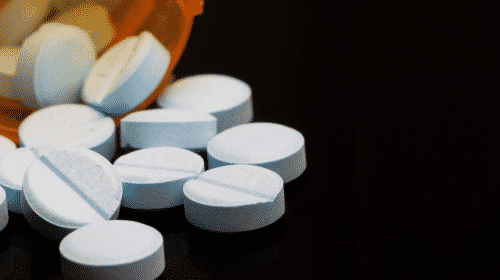
Illicit drugs were the most used category (8.5%), followed by prescription medications (6%), prescription opioids (5.7%), and illicit opioids (2.1%)
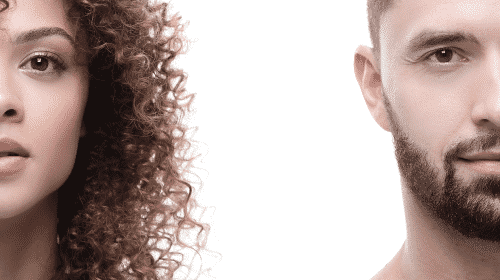
Men (13.8%) used drugs only slightly more than women (13.3%)
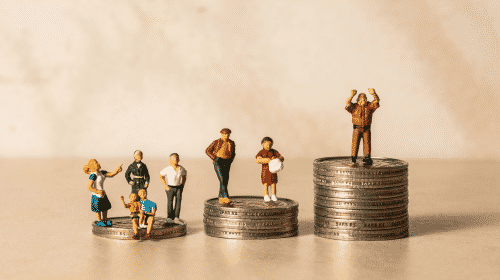
People earning less than $25,000 per year had higher rates of drug use (29.7%) than those in higher income brackets (17.8% and 9.3%)

People who did not complete high school reported lower rates of drug use (7%) than high school graduates (15.7%)

In 2020, about 17.2% of adults in Washington reported excessive drinking, including past-month binge drinking or heavy drinking.2
In 2020, about 17.2% of adults in Washington reported excessive drinking, including past-month binge drinking or heavy drinking. This figure was nearly identical to the national average of 17.6%.2
Other 2020 statistics related to drinking in Washington include:2
Nearly 23% of adults between the ages of 18 and 44 engaged in excessive drinking
Men engaged in more excessive drinking (20%) than women (15.2%)
People who made $75,000 or more per year engaged in the most excessive drinking behaviors
High school graduates had the highest rates of excessive drinking (18%) compared to college graduates (16%)
Although not everyone who engages in excessive drinking or drug use has an addiction, it is a risk factor for developing substance use disorder. Substance use also increases the risk of other health conditions, including alcohol poisoning, learning and memory problems, liver disease, and cancer. People who use substances may be at higher risk for unintentional injuries and violent incidents.
Drug Laws in Washington State
In 2023, the state law that made drug possession was set to expire. However, Washington’s governor signed a new law that kept drugs illegal but also increased resources for treatment and recovery.
Senate Bill 5536
This drug possession law was passed in 2023. This applies to possession of substances other than marijuana, which is covered separately. Possession of a controlled substance is a gross misdemeanor with maximum jail time of six months for the first two convictions. Fines per conviction are capped at $1,000. Using substances in public is also illegal. There’s a diversion program to encourage treatment for those who’re at risk of violating these laws.
Marijuana Laws
Recreational marijuana use is legal for those 21 and older in Washington State. There are also rules that affect how marijuana is sold and taxed. You can only have one ounce of cannabis. For marijuana infused products, you can have up to 16 ounces of a solid and 72 ounces of a liquid. It’s still illegal to use marijuana in public, drive under the influence, or grow marijuana at home. If you’re visiting Washington, all marijuana products must be consumed within the state.
DUI Laws
Driving under the influence of alcohol or other substances is, of course, illegal in Washington State. The legal limit for those 21 and older is 0.08%, with aggravated penalties for those who test at 0.15% or higher. If you’re under 21, there’s a zero tolerance limit of 0.02%. If you don’t agree to the blood alcohol test, you’ll face penalties including automatic license suspension. Penalties include license suspension, attending an alcohol rehab and receiving education classes, possible vehicle towing, and a potential interlock requirement.
Good Samaritan Law
The Good Samaritan Law in Washington allows bystanders who try to give medical help, including administering naloxone, to not worry about liability if their help doesn’t work out. This doesn’t apply to those being paid for medical help, such as EMS or other first responders. Naloxone is widely available in Washington, so if you or those you know might have an opioid overdose, it pays to be prepared and to take action quickly to save lives.
Employer Drug Testing Laws
Employers in Washington are able to do pre-employment tests for drug use, but most jobs cannot make hiring decisions based on testing positive for cannabis. There are some safety sensitive jobs where cannabis use can disqualify you. Interestingly, employers can still drug test current employees and discipline those who test positive for cannabis, so keep that in mind.
Resources
- America’s Health Rankings. (2022). Non-Medical Drug Use – Past Year In Washington. Analysis of Denver Health and Hospital Authority, RADARS System Survey of Non-Medical Use of Prescription Drugs Program. United Health Foundation.
- America’s Health Rankings. (2022). Excessive Drinking in Washington. Analysis of CDC, Behavioral Risk Factor Surveillance System. United Health Foundation.
- National Institute of Mental Health. (2022). Major Depression. National Institutes of Health (NIH). U. S. Department of Health and Human Services.
- American Psychiatric Association. (2021). What are Anxiety Disorders?
- Washington State Legislature. (2002). Drug offense sentencing grid.
- Washington State Legislature. (2002). Drug offenses seriousness level.
- Washington State Legislature. (2000). Drug offender sentencing alternative—Prison-based or residential alternative.
- Washington Courts. (2021). Drug Courts & Other Therapeutic Courts.
- Washington State Legislature. (2010). Medical assistance—Drug-related overdose—Prosecution for possession.
- Substance Abuse and Mental Health Services Administration. (2021). Fiscal Year 2022 Grant Announcements and Awards.
- Substance Abuse and Mental Health Services Administration. (2022). Substance Abuse Prevention and Treatment Block Grant.

